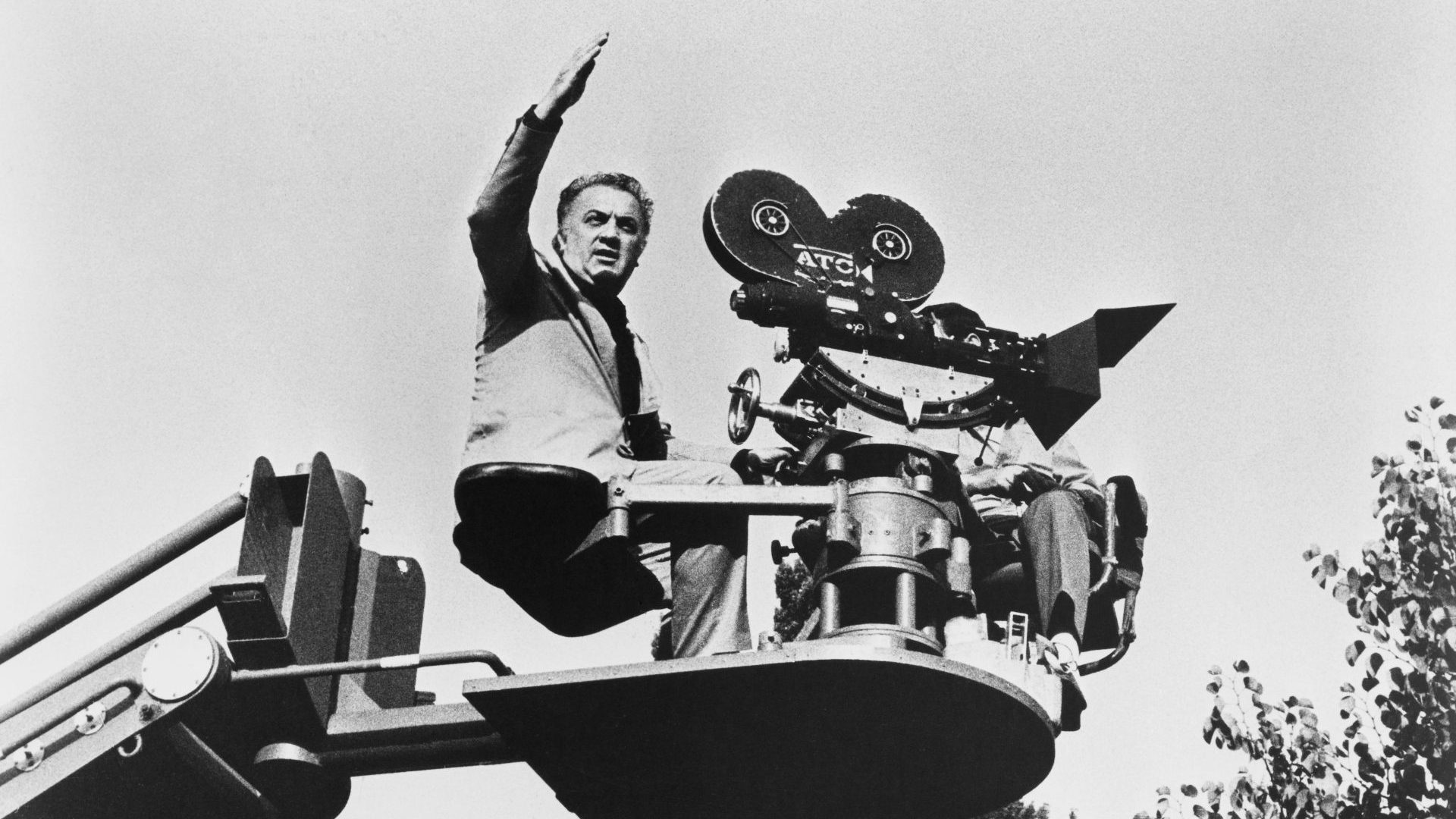To Charleston, on the smooth flanks of the South Downs in Sussex. This, once the house of the artists Vanessa Bell and Duncan Grant – together, intermittently with their loosely configured ménage – is where the English
avant-garde came to die. I don’t suppose any number of so-called contemporary “creatives” – together with their own, loosely configured ménages – will take kindly to this, but the facts are stark: the heady mixture of feminism, homosexuality and hand-decorated wainscoting which at times was the setting for the Bloomsbury Group’s more illustrious luminaries – Virginia Woolf and Maynard Keynes being the most significant – reached its final and achieved form here.
And here it remains, nestling beside a still-functioning dairy farm, in the bosom of the echt English countryside. The Charleston Trust, which maintains the 17th-century house and its environs, and mounts exhibitions and events, is independent of those great offices of English heritage – the Nationalist Trust, and Nobody-does-English-Heritage-Better – and in recent years has had to resort to crowdfunding in order to keep the place functioning.
This, frankly, is about the most seditious aspect of the whole phenomenon: Charleston – where the great theorist of governmental economic interventionism used to weekend – can’t pay its own way. Nor does it receive
anything from that great windfall tax on the wilful ignorance of the great unwashed (which is undoubtedly how some of the Bloomsbury posse would’ve viewed them), the National Lottery. Instead, with a newly recovered trove of Duncan Grant’s erotic drawings as spur, the Trust has been appealing for more backing to make sure the whole enterprise doesn’t collapse under the weight of its own internal contradictions.
And backing is the operative word: Very Private, one of the exhibitions currently running, features a selection of Grant’s works juxtaposed with those of contemporary artists, many of which involve graphic depictions of
sodomy. The image chosen to advertise the show on the Trust’s website is by Tim Walker – whose oeuvre straddles the increasingly numinous boundary between fine art and fashion photography – and features four men engaged in a sort of upside-down conga-line of buggery. Fair enough. I certainly don’t feel any pudeur when it comes to such activities, and while the contemporary works come off badly when set besides Grant’s – which have a doubly auratic quality, being both handmade and, for their era, genuinely subversive – this is a more genuine “dialogue” between the past and the present than many of the contemporary exhibitions which employ the same rubric.
What does the gay erotica of the past have to say to that of the present, and vice versa? Grant’s works are tender, whimsical, witty – and yes, convey a sense of an eye focusing on intimacies that necessarily subsist within a
clandestine realm. The modern works are, by contrast, for the most part larger, glossier and brasher: billboard-sized advertisements for appetitive selves rather than discrete vignettes of lives less ordinary. Regular readers
of this column will be aware that I view the relationship between sexual liberty and economic inequality as intrinsic to contemporary western democracies’ relative passivity. Just as Xi Jinping and Vladimir Putin made a
deal with their respective peoples: stuff in return for being stifled; so, here in Britain, we’re allowed to express ourselves sexually all we like – so long as the elite can go on enriching themselves.
Which is by no means to say we’re all going to hell on a Pride float sponsored by Barclays, yet the co-option of queerness by capitalism is perhaps the most sterile union imaginable: giving birth only to merch’ rather than masterpieces. The Bloomsbury Group, for all their pacifist and socialistic inclinations, were an embryonic form of this impasse: they may have been relatively penurious – Bell and Grant never owned Charleston, but rented it from the Gage family, who, to this day, maintain the far grander Firle Place nearby, together with its extensive estate – but they were indisputably posh.
It’s this combination of the heterodox and the hierarchical that really makes the Bloomsbury Group and its adherents such an enduring phenomenon: avant-gardes, by definition, can produce no social traction unless their mores are inimical to the right-thinking majority. With queerness more or less normalised, there’s no utopian future any longer to be realised – leastways, not one characterised by the bespoke creative habitus exemplified by Charleston. The real inheritors of Grant and Bell’s vision are interior decorators rather than public provocateurs – and while the house itself, despite extensive footfall, retains a surprisingly idiosyncratic ambience, visitors are still encouraged to exit via the same conventional gift shop.



